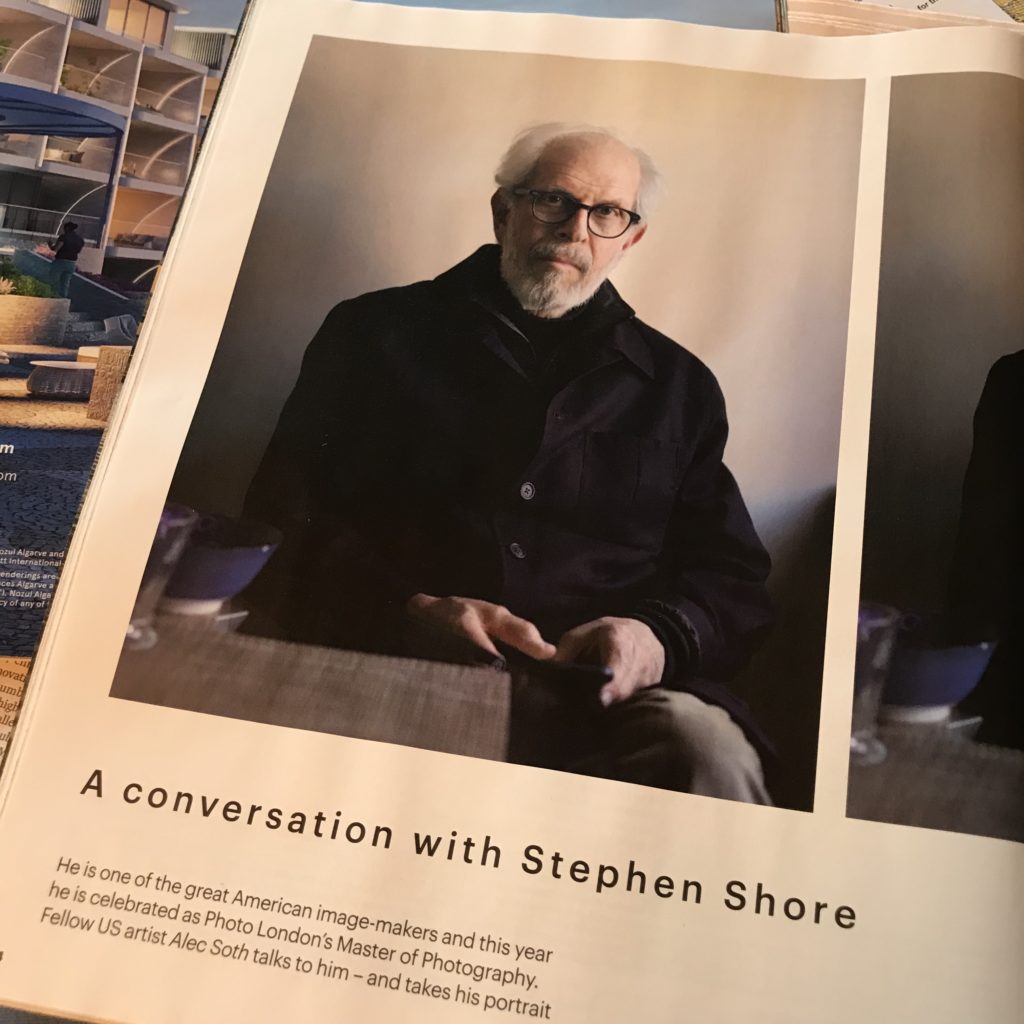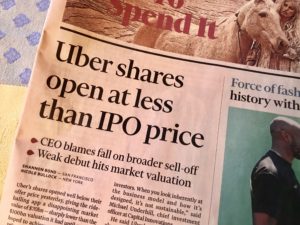From The Economist:
Among the compensations of ageing is the right to bore youngsters with stories of the prices of yesteryear. Once upon a time a ticket to the cinema cost just five quid, and a hogshead of mead but a farthing. Of course, savvier youths know how to debunk such tales. Adjust for inflation and many things are cheaper than ever. Since 1950 the real cost of new vehicles has fallen by half, that of new clothing by 75% and that of household appliances by 90%, even as quality has got better. Tumbling prices reflect decades of improvements in technology and productivity. But the effect is not economy-wide. Cars are cheaper, but car maintenance is more expensive, and costs in education and health care have risen roughly fivefold since 1950. Though no mystery, this rise is often misunderstood, with serious economic consequences.
There are as many explanations for the ballooning cost of such services as there are politicians. But as a newly published analysis argues, many common scapegoats simply cannot explain the steady, long-run rise in such prices relative to those elsewhere in the economy. In “Why are the prices so damn high?” Eric Helland of Claremont McKenna College and Alex Tabarrok of George Mason University write that quality has improved far too little to account for it. Administrative bloat is not the answer either. In America the share of all education spending that goes on administration has been roughly steady for decades. Health-care spending has risen faster than gdp in rich countries, despite vast differences in the structure of their health-care systems….








